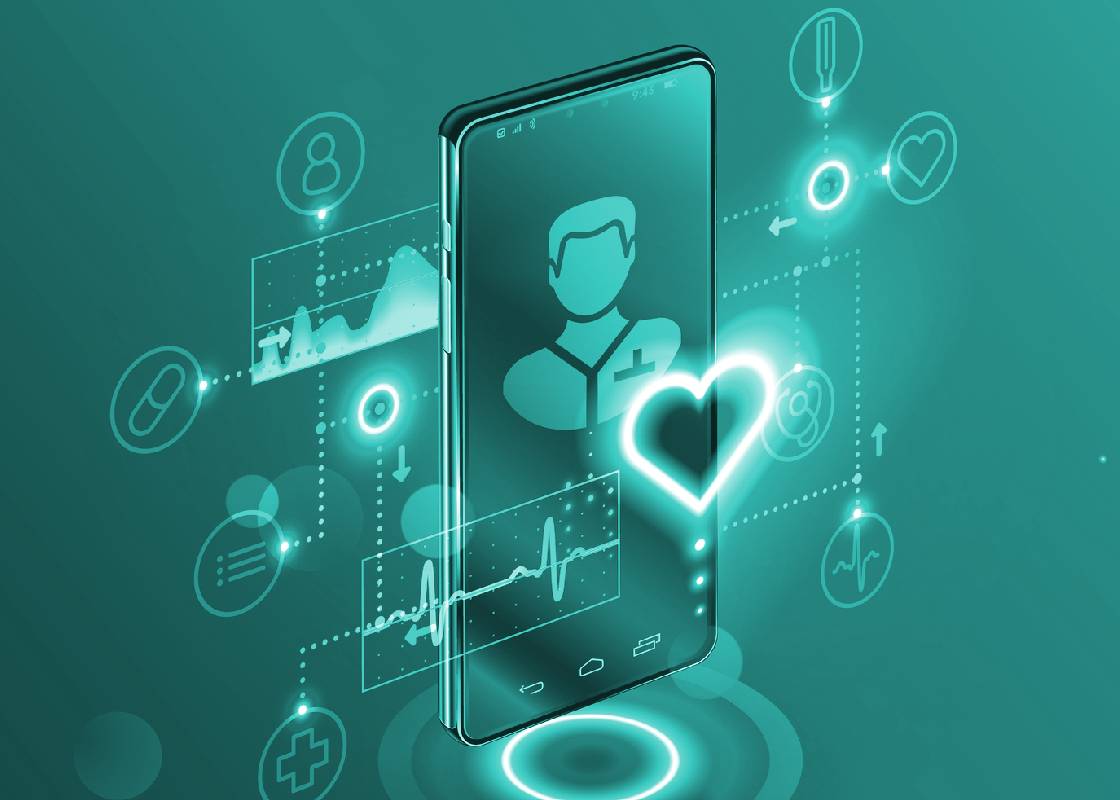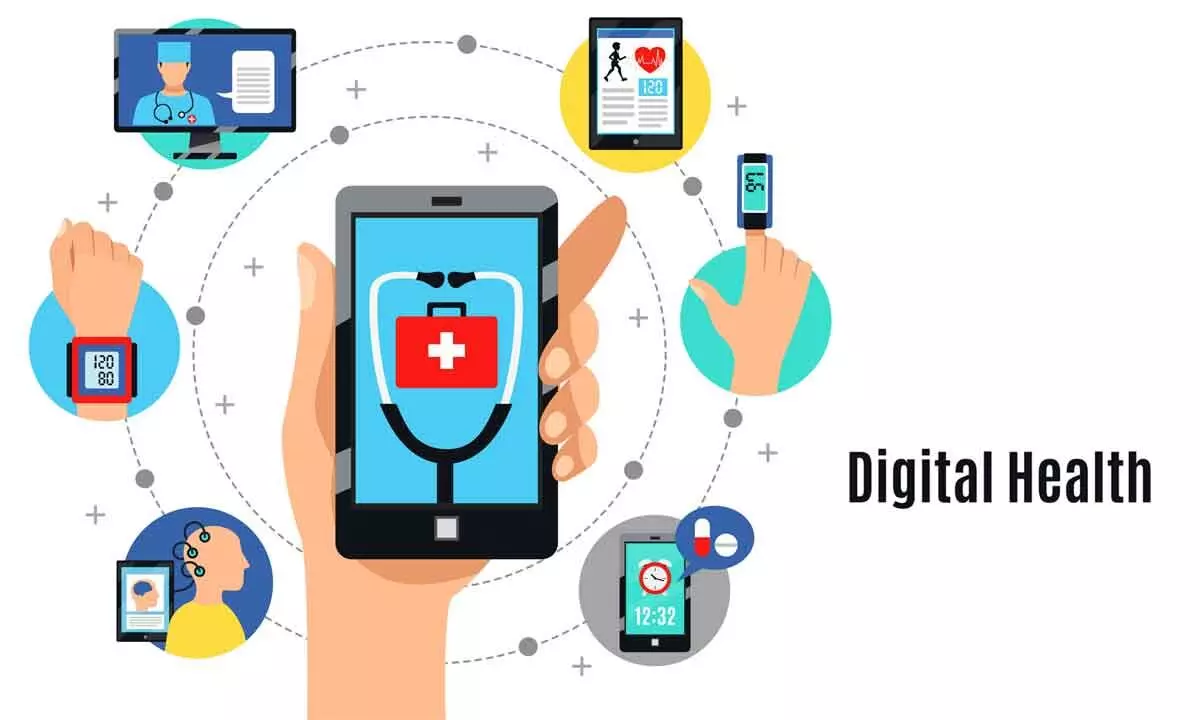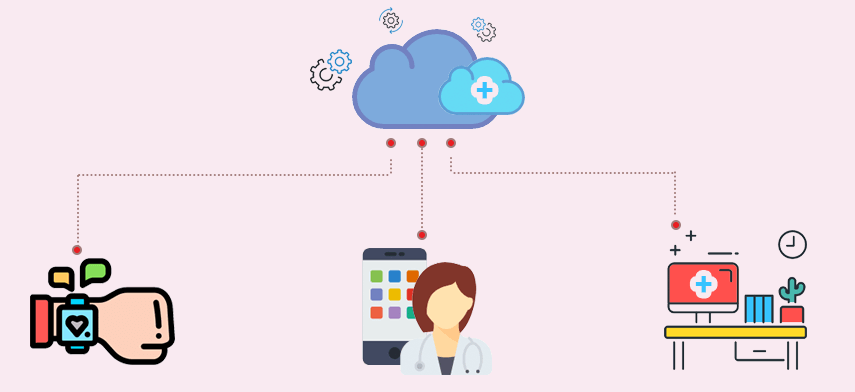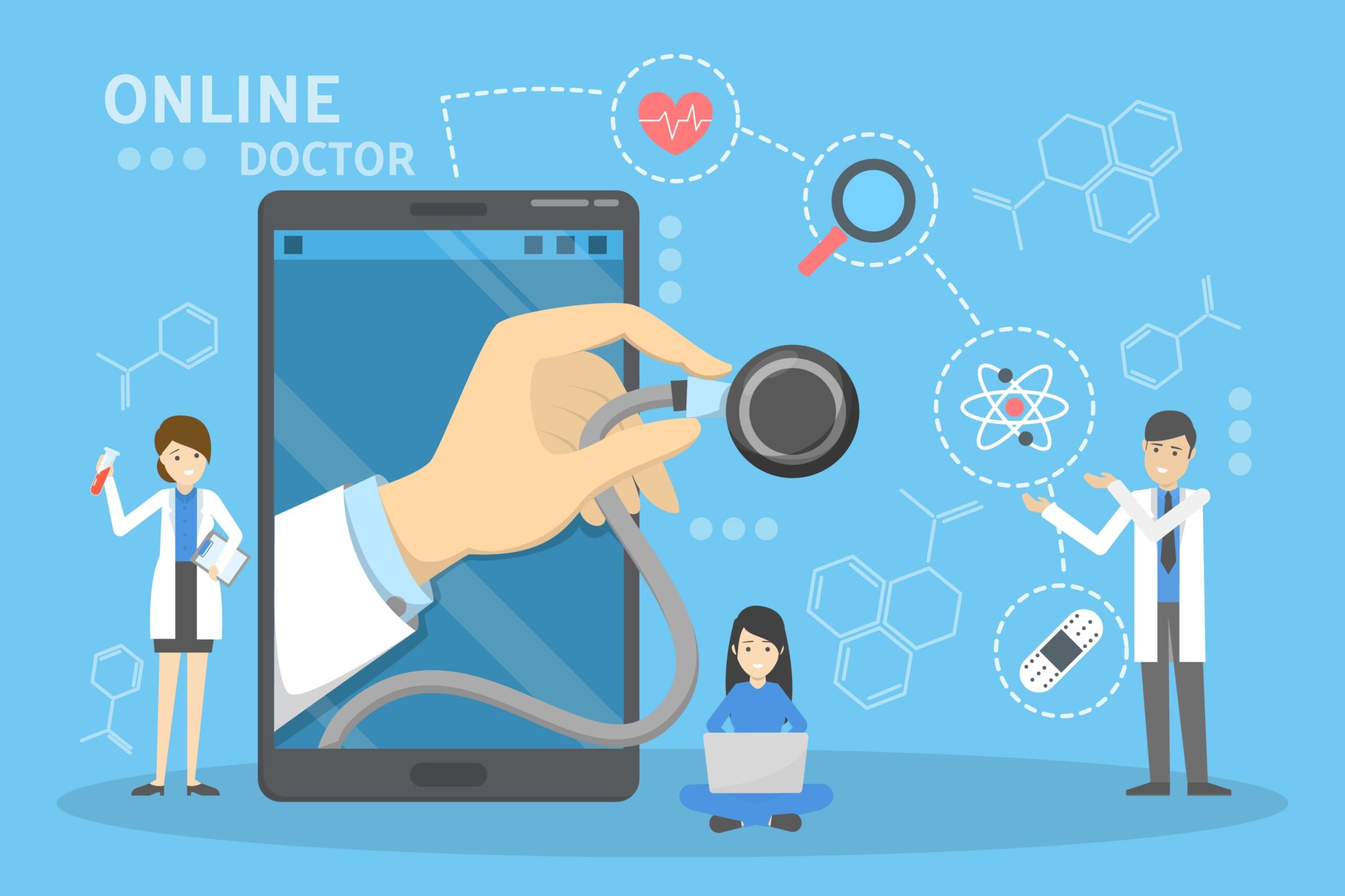Doccure – Making your clinic painless visit?
- Mar 06, 2023
- Neurology
The Role of Digitalization in Helping Healthcare Evolve
Healthcare has been one of the last sectors to embrace digital transformation, but with advancements in technology, it has become increasingly evident that digitalization can bring major improvements in the way care is delivered, managed, and monitored. Digitalization has the potential to revolutionize the healthcare system, making it more efficient, effective, and accessible. In this blog, we will explore the role digitalization is playing in helping healthcare evolve and how technology is transforming the industry.
Telemedicine
Telemedicine, also known as telehealth, has been one of the biggest drivers of change in the healthcare industry. The ability to connect with a healthcare provider from the comfort of one's own home has revolutionized access to care for millions of people. It has particularly been beneficial for those who live in rural areas, where access to healthcare can be limited. Telemedicine has made it possible for people to receive care without having to travel long distances, saving time and money.
Moreover, telemedicine has been proven to be effective in reducing healthcare costs while improving patient outcomes. Studies have shown that telemedicine visits are often shorter and more focused than in-person visits, leading to quicker diagnoses and more efficient treatment plans.
Electronic Health Records (EHR)
Another major area where digitalization is helping healthcare evolve is through the use of Electronic Health Records (EHR). EHRs provide a centralized, digital repository of patient medical records, allowing healthcare providers to access a patient's complete medical history in real time. This has eliminated the need for manual record keeping, reducing errors and improving the accuracy of patient data.
EHRs have also improved communication between healthcare providers, making it easier for them to collaborate and coordinate care for patients. This has led to improved patient outcomes and reduced costs, as healthcare providers can avoid duplicating tests and treatments.
Artificial Intelligence (AI)
Artificial Intelligence (AI) is another area where digitalization is transforming healthcare. AI is being used to analyze large amounts of data, helping healthcare providers make more informed decisions about patient care. AI algorithms can quickly analyze patient data, including symptoms, medical history, and lab results, and provide insights that would otherwise take a human physician hours to analyze.
One area where AI is being used in healthcare is in the field of medical diagnosis. AI algorithms can be trained to identify patterns in medical images and detect conditions such as cancer, heart disease, and other medical conditions. This has the potential to significantly improve patient outcomes and save lives by catching conditions early when they are more treatable.
Wearable Technology
Wearable technology is another area where digitalization is helping healthcare evolve. Wearables such as fitness trackers, smartwatches, and other wearable medical devices are being used to monitor health and track patient progress. These devices can collect data on things such as heart rate, steps taken, and sleep patterns, providing healthcare providers with a more comprehensive understanding of a patient's overall health. Wearable technology has also been proven to be effective in helping people manage chronic conditions such as diabetes, heart disease, and obesity. By tracking data such as glucose levels, blood pressure, and weight, wearable technology can help people manage their conditions and make lifestyle changes that can improve their health.
Mobile Health Applications
Mobile health applications (mHealth) are another area where digitalization is transforming healthcare. These apps provide patients with a convenient way to access healthcare information and communicate with their healthcare providers. Patients can use mHealth apps to book appointments, receive reminders for medications, and track their health and fitness goals.
mHealth apps have also been shown to be effective in helping people manage chronic conditions and improve their overall health. By providing patients with easy access to healthcare information, mHealth apps can help them make more informed decisions about their care and lead healthier lives.mHealth apps have also been shown to be effective in reducing healthcare costs and improving patient outcomes. By providing patients with access to health information and resources, mHealth apps can help people better manage their health and avoid costly emergency room visits or hospital stays.
Cloud Computing
Cloud computing is another area where digitalization is helping healthcare evolve. The cloud provides a secure and scalable platform for healthcare organizations to store, process, and share data. This has made it possible for healthcare providers to access patient data from anywhere, at any time, and collaborate on patient care more effectively.Cloud computing has also made it possible for healthcare organizations to analyze large amounts of data and generate insights that can inform decision-making and improve patient outcomes. By leveraging the power of the cloud, healthcare providers can make more informed decisions about patient care and deliver more effective treatments.
Conclusion
Digitalization is transforming healthcare in many ways, making it easier and more efficient for patients and providers to access, store, and share information. Wearable technology, mobile health applications (mHealth), and cloud computing are just a few of the technologies that are revolutionizing the industry. At Dr. Curro, we provide a digital platform that connects all stakeholders in the healthcare ecosystem, enabling them to deliver quality services at your convenience. By leveraging our platform, we help facilitate better communication and collaboration between healthcare professionals so they can provide better care for their patients. With our personalized approach to healthcare service delivery, we strive to make healthcare accessible and affordable for everyone. Together we can work towards healthier lives for all!






